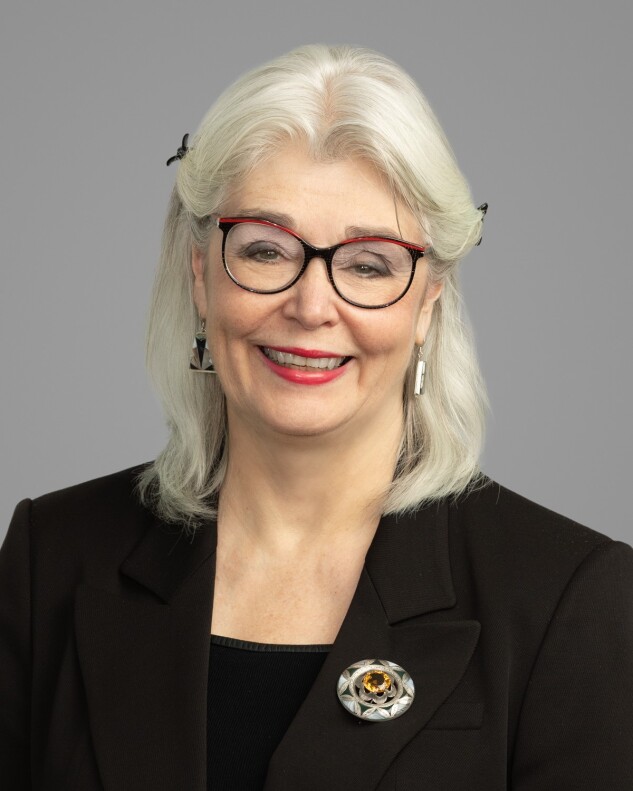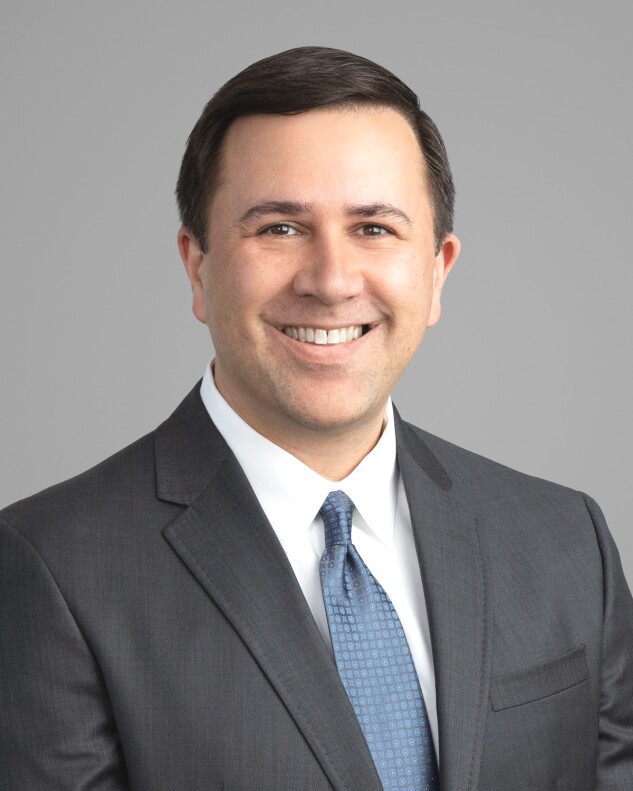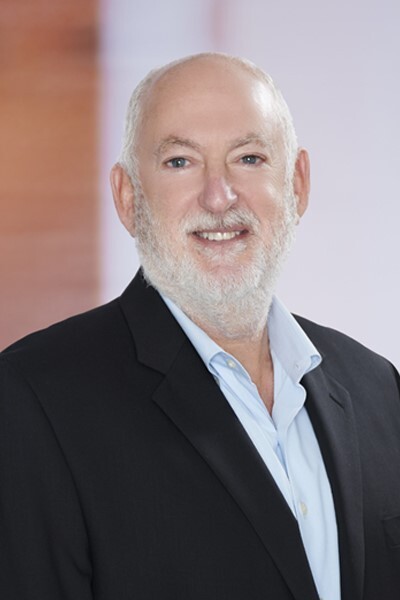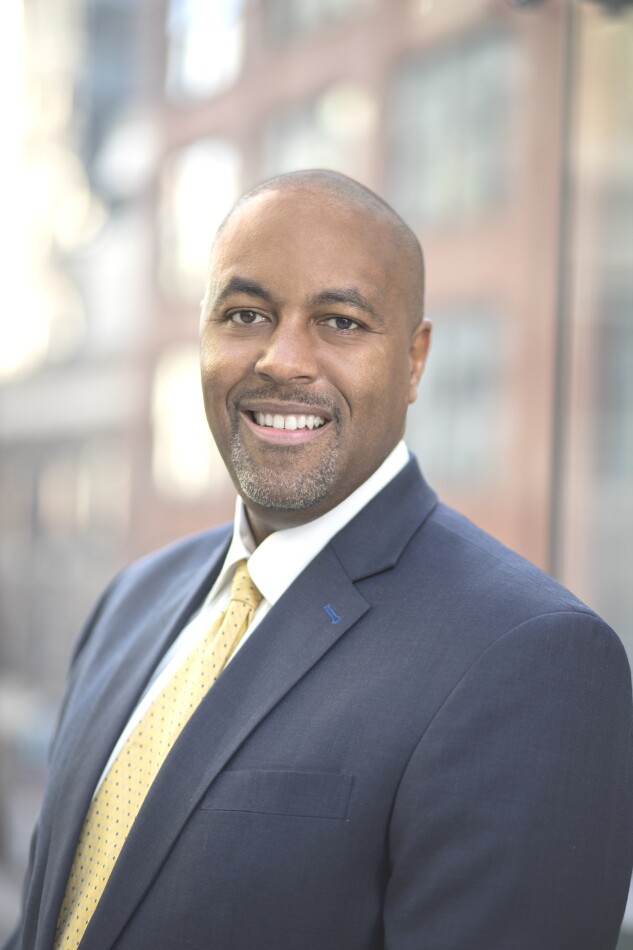- Some Big Law firms are rethinking their approaches to origination credit and client inheritance
- Others are updating their leadership structures for the future
Janet Goelz Hoffman, a Chicago-based senior counsel and pro bono counsel at Katten Muchin Rosenman, successfully accomplished a feat few lawyers want to think about— giving her clients away.
In 2021, when she was 72 years old, she transitioned from her role as a transactional partner in public finance who advised nonprofits on their finance and governance issues to the senior counsel role working with pro bono clients.
Over a seven-year period, she transferred her work and portions of origination credit for bringing in clients to other partners after discussing her plans with the CEO, she said.
Katten is one firm that does not have a mandatory retirement age for partners but allows them to transition to other roles within the firm. Hoffman said the move to counsel “means you are a retired partner and stop drawing from the profits. Then you can start a different relationship with the firm.”
After Hoffman, now 74, identified which partners or senior associates would take over her clients, she “transitioned increasing parts of the origination credit from me to the person working with that client as they took on increased responsibility. Then the firm would work out what they thought was appropriate for me and for the younger lawyer,” she said.
Increasing origination credits for the younger lawyers would help them feel more attached to those clients and “was an appropriate acknowledgment of the responsibility they were taking,” Hoffman said.
Katten is among the firms affirmatively planning for the future. Some are reevaluating policies on compensation and origination credit—a form of compensation awarded for bringing a new client to a firm. Others are coming up with new leadership structures that reflect the increasing complexity of law firm management.
Transitioning Senior Partners
In Big Law, many senior partners have a need or a desire to keep working and sharing their hard-won experience, though about half of large law firms have age-based mandatory retirement policies, according to Citi Private Bank. Other firms have age-based de-equitization or executive committee exit requirements, said Peter Giuliani, partner at Smock Law Firm Consultants.
At the same time, many senior associates and junior partners value the opportunity to share origination credits and income from developing new business relationships, and hope for the opportunity to take over those relationships when senior attorneys retire or leave, according to surveys and interviews. Business development, after all, is a primary criterion for promotion to equity partner and firm leadership in Big Law.
Hoffman gradually transferred some of her credits along with clients as her eventual successors assumed more responsibility for them.
Chad Doobay, 45, a Katten government and public finance partner also based in Chicago, took over some of Hoffman’s clients when she transitioned to pro bono counsel. He said her mentorship during that period was invaluable.
“She would not take a call unless I was there, too, and we took calls together. She would know the right answer to questions but refrain from answering them and give me space to answer,” he said.
Doobay said Hoffman “was careful to share origination credit with me very early on,” which helped him advance when he became partner in 2017 and also gave him “more confidence in taking ownership and responsibility for the client relationship.”
It also helped make the transition “seamless” for clients. “The way Janet did it really is the model for how everyone should be doing it,” he said.
Hoffman said, “one of the things I’m super proud of is that not a single firm has left the firm or bid out the work, which also says a lot about the people who took that responsibility over.” She said that she had built decades-long relationships with some clients.
Hoffman acknowledged that not every lawyer or firm has such a process. “I know several other people with different personal circumstances and needed a faster or different exit strategy, but I think Katten has done a good job on it and better than some other firms that are more rigid about mandatory retirement,” she said.
Updating Leadership, Origination Credit Structures
Some firms are putting in place leadership structures that differ from tradition, with two or more leaders assuming control.
“The job is getting too complex and may be too large for one person to manage,” said David Wilkins, Director of the Center on the Legal Profession at Harvard Law School. In general, in the last decade there is a “move to dual management structure which was common in the UK, but less common in the US,” he said. Increasingly firms also are having roles overlap for as much as a year, he said.
For instance, Holland & Knight managing partner Steven Sonberg announced in June that he plans to step down after a 16-year term as managing partner in the first quarter of 2024, when he will be 76, and named three multigenerational successors. M&A partner Robert Grammig will assume the newly-created role of chair and CEO; David Whitestone will become managing partner and Tiffani Lee will step into the role of deputy managing partner.
Similarly, Fried Frank announced last month that it would for the first time change to a new three-person leadership team structure effective March 1, 2024. Previously, the firm was led by a chairman. In 2021, Vinson & Elkins elected a new four-person executive committee, effective Jan. 1, 2022, revamping its two-person structure that had been in place for about a decade.
In an example of a revised compensation system, Mintz PC overhauled its origination credit policy in 2015 to give no attorney more than 75% of credit, with the rest to be shared among those helping to originate or develop the client relationship.
“It was partly succession planning and [partly] trying to develop deeper ties with firm clients and how origination ties into that,” as well as fostering collaboration and sharing, said Bob Bodian, managing member of the firm founded in Boston in 1933. Bodian said another change was allocating credit by matter, rather than just by client.
Bodian said he has been approached by leaders of at least a half-dozen other firms interested in a similar approach.
“The hardest thing for any firm is getting buy-in from the partners who traditionally have all the origination,” he said, adding that he didn’t have a problem getting this from his partners.
Bodian said the change, in addition to fostering collaboration, seems to have improved attorney retention at Mintz and improved opportunities for the younger and diverse attorneys at the firm.
Elsewhere in the legal industry, about 30 firms and companies have agreed to help Diversity Lab test in 2023-24 a new element of its Mansfield Rule— a certification program to help foster equal opportunity for leadership at firms and legal departments—called the “Next Gen Pilot.”
It aims to increase transparency by tracing and documenting how credit recognition and client succession processes work, said Caren Ulrich Stacy, Diversity Lab founder and CEO.
Legal Departments Want a Say
Company legal departments are also asking to be more involved in client succession planning in terms of who takes over their matters.
Damon Hart, executive vice president, chief legal officer, and secretary of Liberty Mutual Insurance Company, said in an interview this summer: “Open communication early on would be great. This is what it looks like over 18 months or years or several quarters. This is who we think will pick up the responsibility. What do you think?”
But Hart, whose own transition to CLO took place over 14 months during which he served concurrently with the previous CLO—said that when relationship partners retire or otherwise leave, law firms vary widely in how they inform legal departments, with some being very abrupt and others giving ample notice and thoughtful preparation.
“As purchasers, we want to be involved in these from a cultural perspective, from a DEI perspective,” he said in an interview in August. “Not that we want to dictate, but we want to be involved in who is the relationship partner.”
Marie Ma, chief legal officer of Articulate Global LLC, a producer of educational software as a service, said in a recent interview, “I think if there is clarity on when a partner is retiring, my hope is that I would be brought into the conversation about what their intentions are sooner rather than later.”
Ma added that she would be willing to advocate for a particular successor: “If I have someone at a law firm that I’ve been working with for a long time and trust as an important partner, would I be invested in their success at their firm, yes.”
To contact the reporter on this story:
To contact the editors responsible for this story:
Learn more about Bloomberg Law or Log In to keep reading:
See Breaking News in Context
Bloomberg Law provides trusted coverage of current events enhanced with legal analysis.
Already a subscriber?
Log in to keep reading or access research tools and resources.




